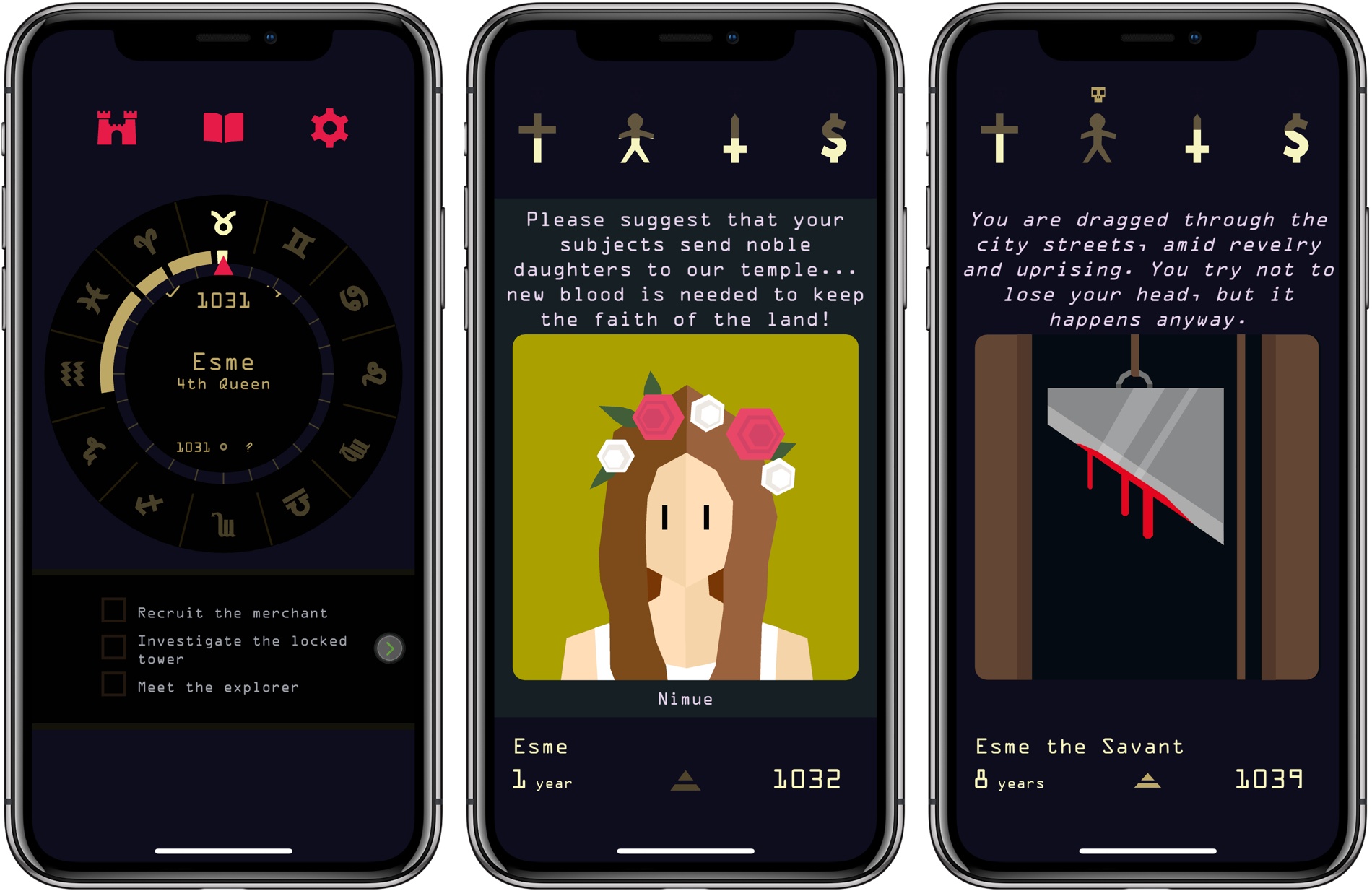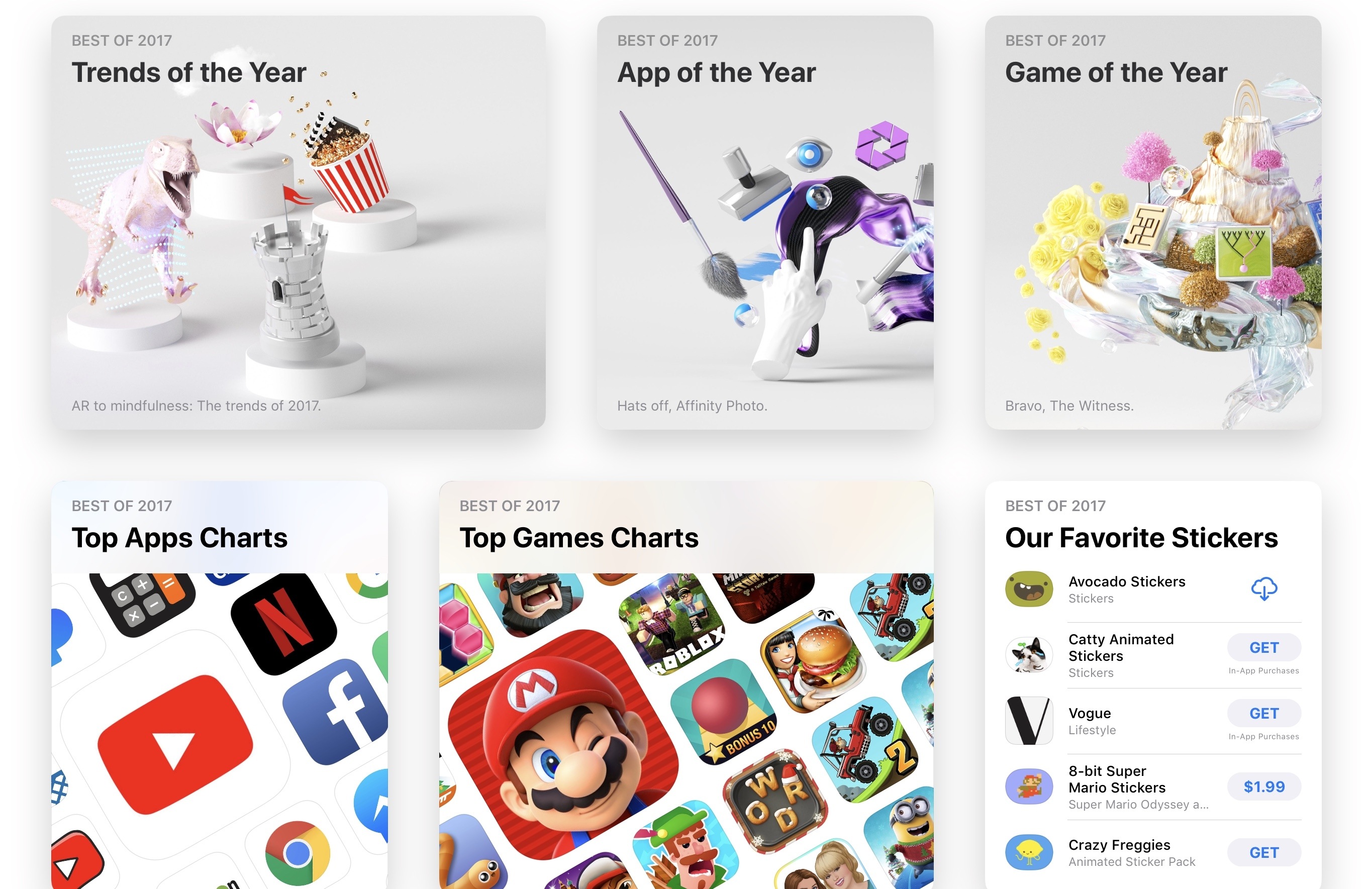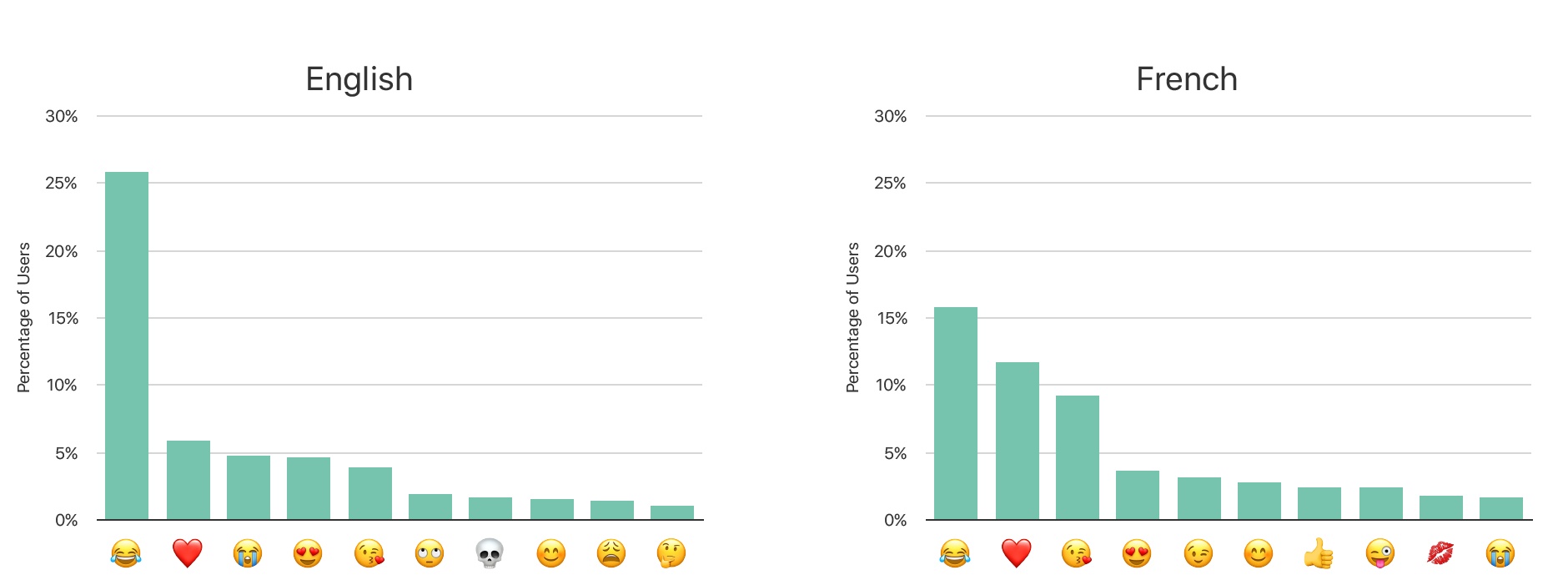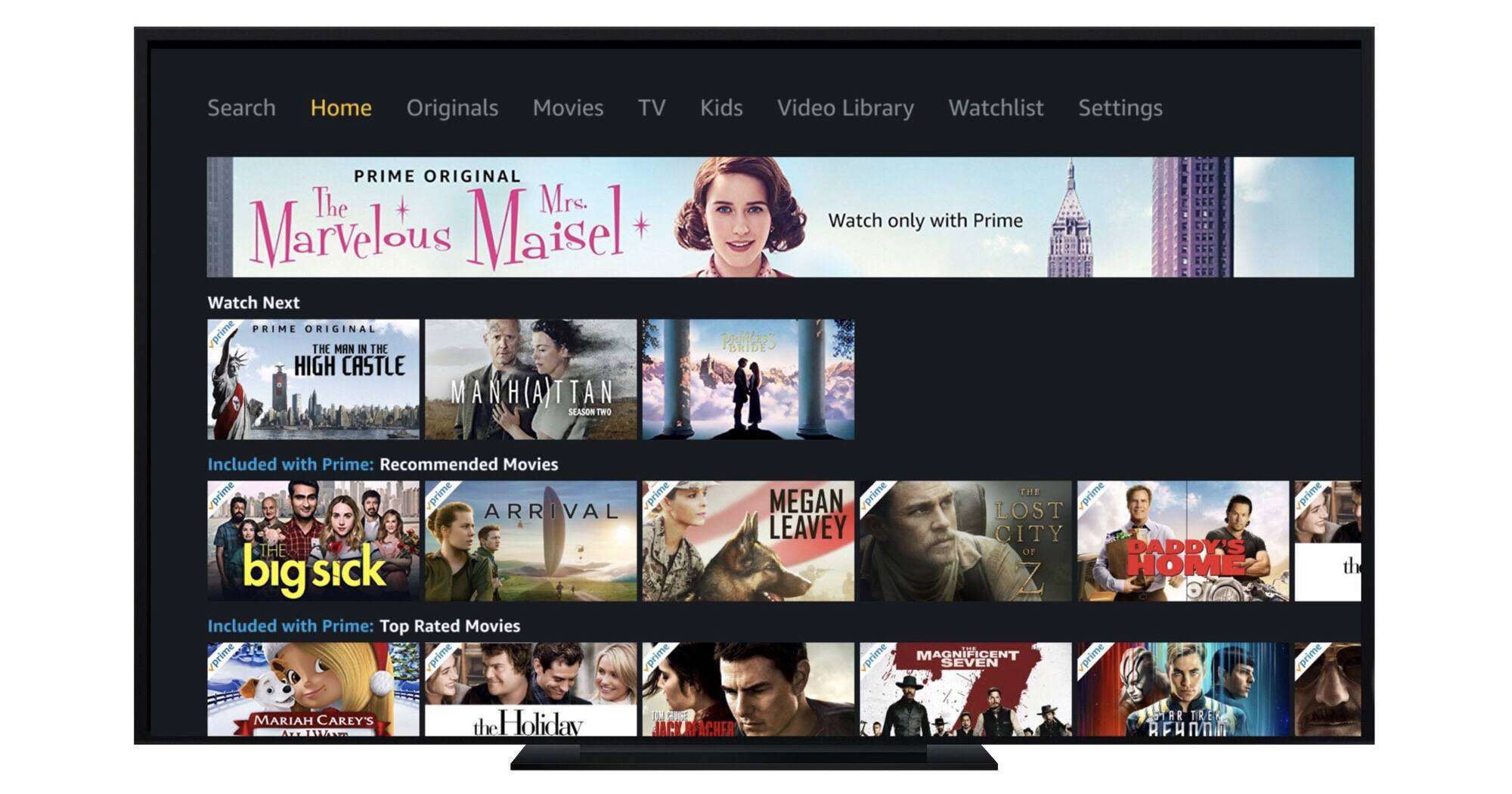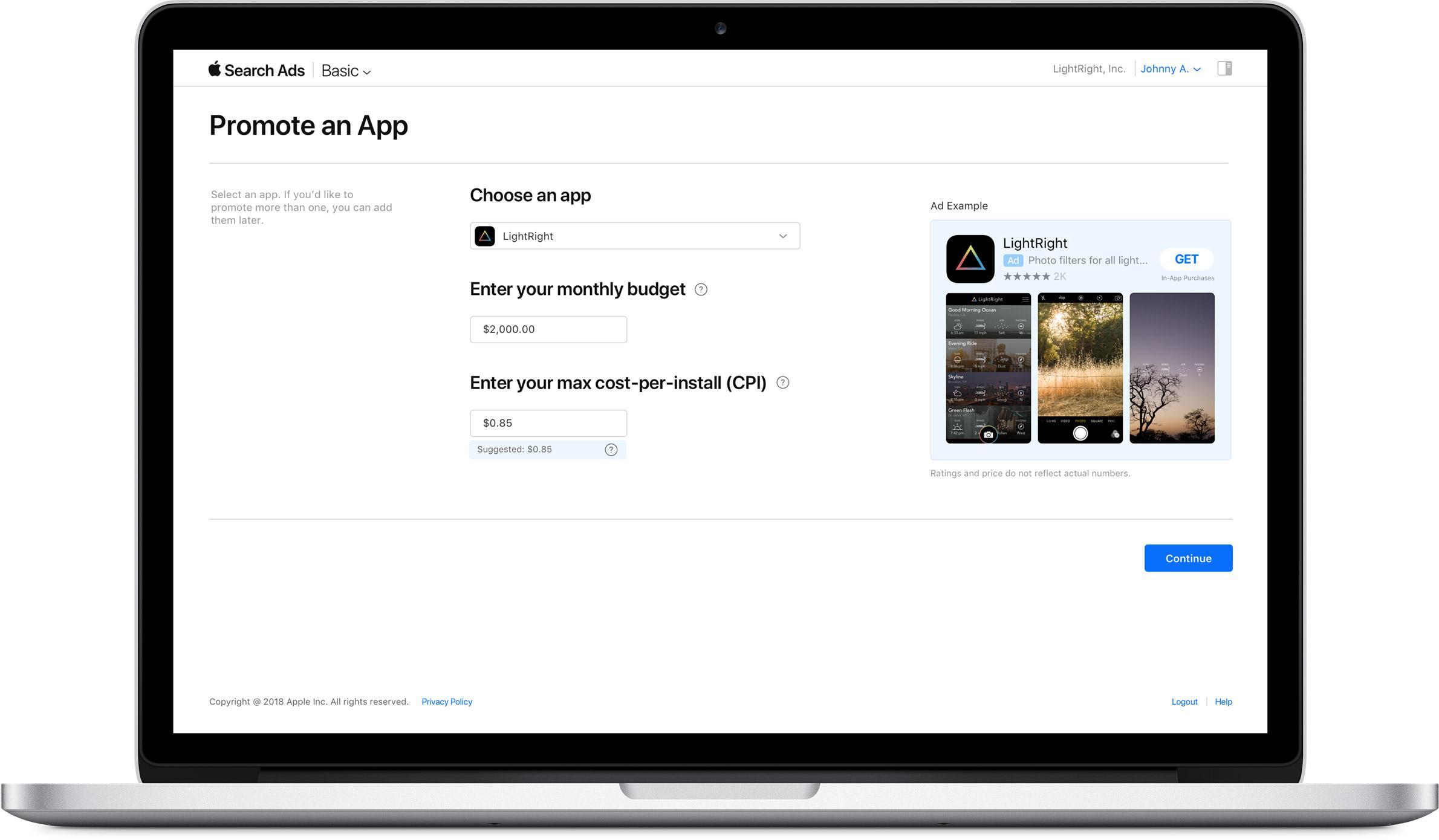Nerial undoubtedly has another hit on its hands with Reigns: Her Majesty. The iOS game, which is published by Devolver Digital, will be familiar to anyone who played its forerunner, Reigns. The game mechanics and art style are largely the same, but there’s greater depth and nuance to Her Majesty, which takes it beyond a dull retread of a hit formula.
Game Day: Reigns: Her Majesty
Apple Posts ‘Best of 2017’ Lists on App Store, Apple Music, and iTunes
With a press release and special sections featured on its digital storefronts this morning, Apple revealed the most popular apps, games, and media releases of 2017.
Apple Shares Differential Privacy Insights for Emoji and QuickType Keyboard→
In the most recent issue of Apple’s Machine Learning Journal, titled “Learning with Privacy at Scale,” the team working on differential privacy shares details on exactly how its systems work. While much of the article is highly technical in nature, it concludes by sharing results from several real-life applications. Regarding emoji:
The data shows many differences across keyboard locales. In Figure 6, we observe snapshots from two locales: English and French. Using this data, we can improve our predictive emoji QuickType across locales.
The referenced chart is featured above, showing the popularity of certain emoji in different parts of the world.
The results regarding QuickType words aren’t presented in a chart, but the article does mention words in several specific categories that Apple has been able to learn about thanks to differential privacy.
The learned words for the English keyboard, for example, can be divided into multiple categories: abbreviations like wyd, wbu, idc; popular expressions like bruh, hun, bae, and tryna, seasonal or trending words like Mayweather, McGregor, Despacito, Moana, and Leia; and foreign words like dia, queso, aqui, and jai. Using the data, we are constantly updating our on-device lexicons to improve the keyboard experience.
Another category of words discovered are known words without the trailing e (lov or th) or w (kno). If users accidentally press the left-most prediction cell above the keyboard, which contains the literal string typed thus far, a space will be added to their current word instead of the character they intended to type. This is a key insight that we were able to learn due to our local differentially private algorithm.
Though the article doesn’t mention it, presumably the latter example of accidentally-tapped QuickType suggestions might lead to Apple adjusting sensitivity for its touch targets related to the ‘e’ button and the left-most prediction cell. It’s interesting to consider what other unexpected lessons may be learned from differential privacy data.
Amazon Prime Video Finally Arrives on Apple TV; Was It Worth the Wait?
All the way back in June, at Apple’s WWDC keynote, the Apple TV-related news was limited to a single note: Tim Cook announced that Amazon Prime Video would arrive on Apple’s streaming box “later this year.” Ending a long six-month wait, that promise was finally fulfilled today: Amazon Prime Video is now available on the Apple TV.
Remaster, Episode 48: Game of the Year 2017→
You don’t want to miss this week’s Remaster, where we cover our picks for the best games we’ve played in 2017. You can listen here.
Sponsored by:
- Crimson Mesa: Rediscover ‘The Ancient Game of the River’.
Connected, Episode 171: Leave It to Stephen→
Apple’s had a rough week, Myke’s office is full of assistants and Federico is back with a new task manager and an iPhone X review.
On this week’s episode of Connected, I cover the other half of my experience with Things, and we discuss my iPhone X story. You can listen here.
Sponsored by:
One More Step Toward 2018 Emoji List→
Unicode last night announced the beta version of next year’s emoji release.
This beta release marks one step closer to toward a softball emoji, as well as a cupcake, redheads, bagel or kangaroo. If they make the final cut, that is.
Other emoji candidates in the beta include a teddy bear, mango, party face, skateboard, and spool of thread.
Unfortunately, the proposed emoji that caused a controversy within the Unicode Consortium – the frowning pile of poo – didn’t make the cut for next year. The list isn’t finalized yet (it’ll be in early 2018), but I already see the party face emoji as a potential new favorite.
Also worth noting: there’s a proposal to add support for changing the direction of emoji. If accepted, I wonder if Apple could add a “direction picker” to the existing emoji skin tone menu.
Instagram Rolls Out Private Stories Archive→
Two important updates to Instagram’s Stories feature announced today – here’s Casey Newton, writing at The Verge:
Instagram is rolling out a private archive of the ephemeral stories you have posted in the app. Starting today, Instagram will begin to add your expired stories to the archive feature, which until now has been used only to house photos and videos you no longer want to display on your public profile. The stories archive, which you will be able to opt out of, is being introduced globally on Android and iOS.
The stories archive represents another feature copied from Snapchat, which introduced its own version of the archive, called Memories, last year. But the archive differs from Snap’s version in one key respect: Instagram will let you post old stories to your profile in a feature the company is calling Highlights. You’ll be able to package old stories together in the archive, give them a name, and share them to your profile, where they will appear above your other posts.
I don’t use Instagram Stories as frequently as my friends (all their social updates start via Stories these days), but with an automatic archive feature combined with Highlights, it may be time for me to start posting puppy videos more often.
Apple Expands Search Ad Offerings with Search Ads Basic
Today, Apple introduced a new search ad product called Search Ads Basic. The existing search ad service, which was introduced a little over a year ago, has been renamed Search Ads Advanced.
Search Ads Basic offers fewer of the advanced options and tracking available in Search Ads Advanced and spending is capped at $5,000 per month, but developers only pay for installations generated by their search ads. In contrast, developers pay every time someone taps on an ad under the Search Ads Advanced program, whether or not the tap results in a purchase. To get started, all that is needed is to pick the app to be advertised, set a spending budget, and choose a maximum per-user installation cost, for which Apple provides a suggested maximum based on historical App Store data.
Apple is positioning Search Ads Basic as an alternative for developers who don’t have the time to fiddle with the more sophisticated options available with Search Ads Advanced. There is no doubt the process is simple. I set up a campaign for my app Blink in less than a minute.
With a $5,000 per month spending limit the new program also seems tailored to smaller developers who may be uncomfortable paying for taps or managing the more complex options of a Search Ads Advanced campaign. Although larger development shops are not precluded from using Basic, the spending limit should discourage larger companies with big advertising budgets.
Currently, Search Ads Basic is limited to US App Store, but it will be rolling out to the stores in additional countries later. As it did last year, Apple is sending email messages to developers offering a $100 credit to try Search Ads.


